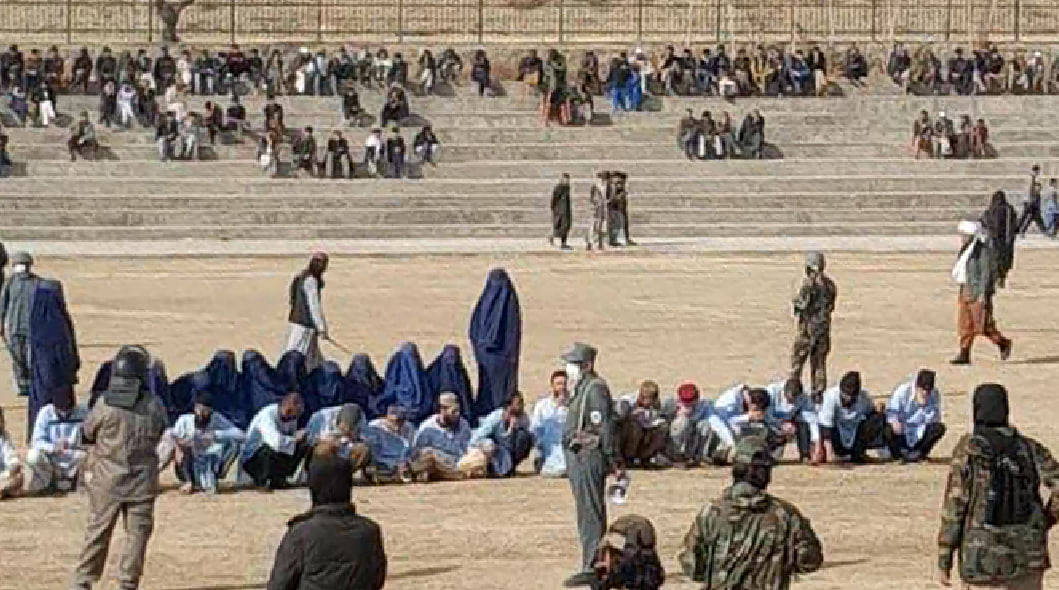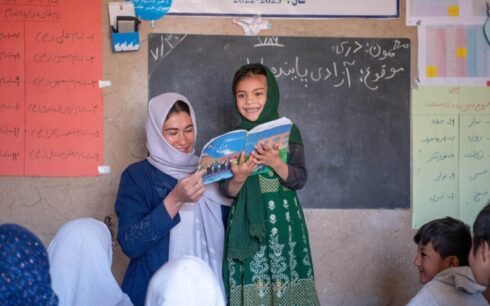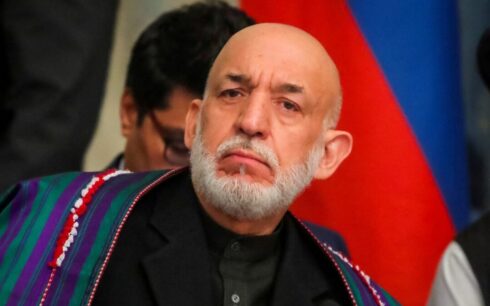KABUL, Afghanistan — The Taliban’s Supreme Court announced Thursday that 17 individuals, including one woman, were publicly flogged in Kabul and Uruzgan provinces, as the Taliban continue to carry out corporal punishments despite mounting international condemnation.
According to the statement, in Uruzgan Province, five individuals were convicted of theft, four of adultery, four of sodomy, and two of “illicit relationships.” Each was sentenced to prison terms ranging from one to three years, along with 39 lashes administered in public. The identities of those punished were not disclosed.
Sources previously told Amu TV that 15 individuals were scheduled to be flogged publicly at Uruzgan’s central stadium, with the Taliban inviting members of the public to attend.
Separately, the Supreme Court said two individuals, including one woman, were publicly flogged in Kabul after being convicted of illicit relationships. They were sentenced to one year and six months in prison, along with 39 lashes.
Amu TV findings show that in less than a month, the Taliban have flogged at least 41 people publicly, including eight women, between March 20 and April 17. In addition to floggings, the Taliban have also carried out executions in Farah, Nimruz, and Badghis provinces — executions that have sparked international outrage. One person was executed in Farah, one in Nimruz, and two in Badghis.
The Taliban’s use of corporal punishment has steadily increased. In a recent speech, Taliban leader Hibatullah Akhundzada emphasized the complete and public enforcement of hudud (Islamic punishments) and qisas (retaliatory justice) under the group’s interpretation of Sharia law.
According to Amu TV research, the Taliban have publicly flogged more than 850 people — including 148 women — since they seized power in August 2021.
Citizens describe the public floggings as brutal and inhumane.
“Since the Taliban came to power in Afghanistan, all our human and Islamic freedoms have been taken away,” said Narges, a Kabul resident. “Every day, we witness floggings, executions, and imprisonments. Afghanistan has turned into a hell for us.”
Another Kabul resident, who requested anonymity for safety reasons, said: “The Taliban, under the name of Sharia, are inflicting all forms of oppression on both men and women. They’ve turned sports stadiums into public whipping grounds. How long do we have to endure this cruelty?”
Despite repeated calls from international human rights organizations, including the United Nations, to end corporal punishments, the Taliban continue to enforce their harsh interpretation of Islamic law — a practice that many religious scholars and Afghan citizens argue contradicts both Islamic principles and human rights.
Heather Barr, associate director of the Women’s Rights Division at Human Rights Watch, said the Taliban’s strategy is based on instilling fear among the population.
“It is increasingly clear that the Taliban have no regard for their obligations under international law, including those protecting women and girls, who are facing systematic oppression,” she said.





